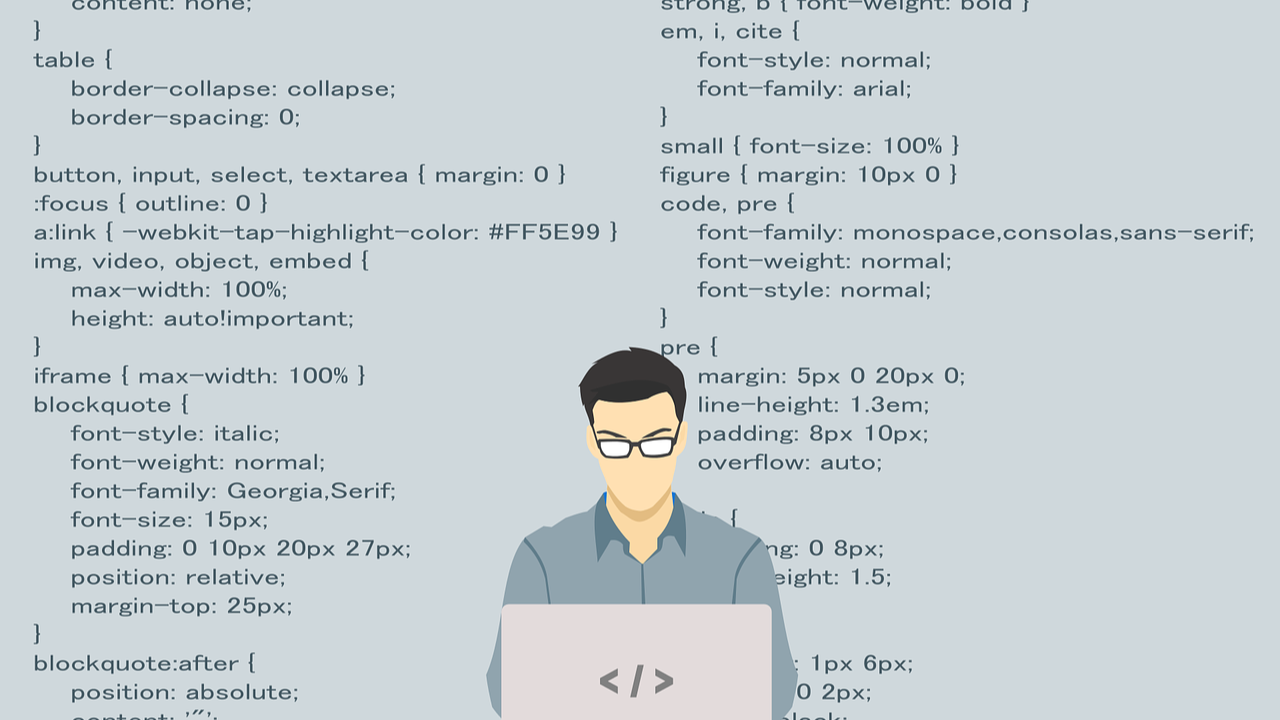
The Role of AI in Automating Code Writing and Debugging
Artificial Intelligence (AI) is revolutionizing the software development landscape, particularly in the realms of code writing and debugging. As AI technologies continue to advance, they're reshaping how developers approach their work, boosting productivity, and potentially altering the future of programming itself. This blog post delves into the multifaceted role of AI in modern software development.
AI-Assisted Code Generation
One of the most significant impacts of AI in software development is in code generation. AI-powered tools can now suggest and even write entire functions or code blocks based on natural language descriptions or partial code. Popular AI Coding Assistants
These tools learn from vast repositories of open-source code, allowing them to suggest context-aware completions and even generate complex algorithms from simple prompts.
How AI Code Generation Works
Benefits of AI-Assisted Code Generation
Automated Debugging and Error Detection
AI is also making significant strides in automating the debugging process, transforming how developers identify and fix issues in their code.
Predictive Bug Detection
Machine learning models can analyze code patterns to predict potential bugs before they manifest, allowing developers to address issues proactively. This approach includes:
Automated Error Diagnosis
AI systems can quickly sift through error logs and stack traces to pinpoint the root cause of a bug, significantly reducing debugging time. This involves:
Self-Healing Code
Some advanced AI systems are being developed to automatically generate patches for identified bugs, though this technology is still in its early stages. This includes:
Impact on Developer Productivity
The integration of AI in code writing and debugging processes has several implications for developer productivity, reshaping how software engineers work.
Faster Development Cycles
Reduced Cognitive Load
Improved Code Quality
Challenges and Considerations
While the potential of AI in code automation is immense, it's not without challenges that need careful consideration. Over-reliance on AI
Code Security and Originality
Ethical Considerations
Conclusion
The role of AI in automating code writing and debugging is transformative, offering the potential for significant productivity gains and new approaches to software development. From assisting in code generation to revolutionizing how we approach debugging, AI is becoming an indispensable tool in the modern developer's toolkit.
However, it's crucial to strike a balance between leveraging AI capabilities and maintaining human expertise and oversight. The future of programming will likely be a collaborative effort between human developers and AI systems, each bringing their unique strengths to the table.
As these technologies continue to advance, they will likely redefine the landscape of software development, creating new opportunities and challenges for developers and the industry as a whole. Embracing this change while critically evaluating its implications will be key to harnessing the full potential of AI in software development.